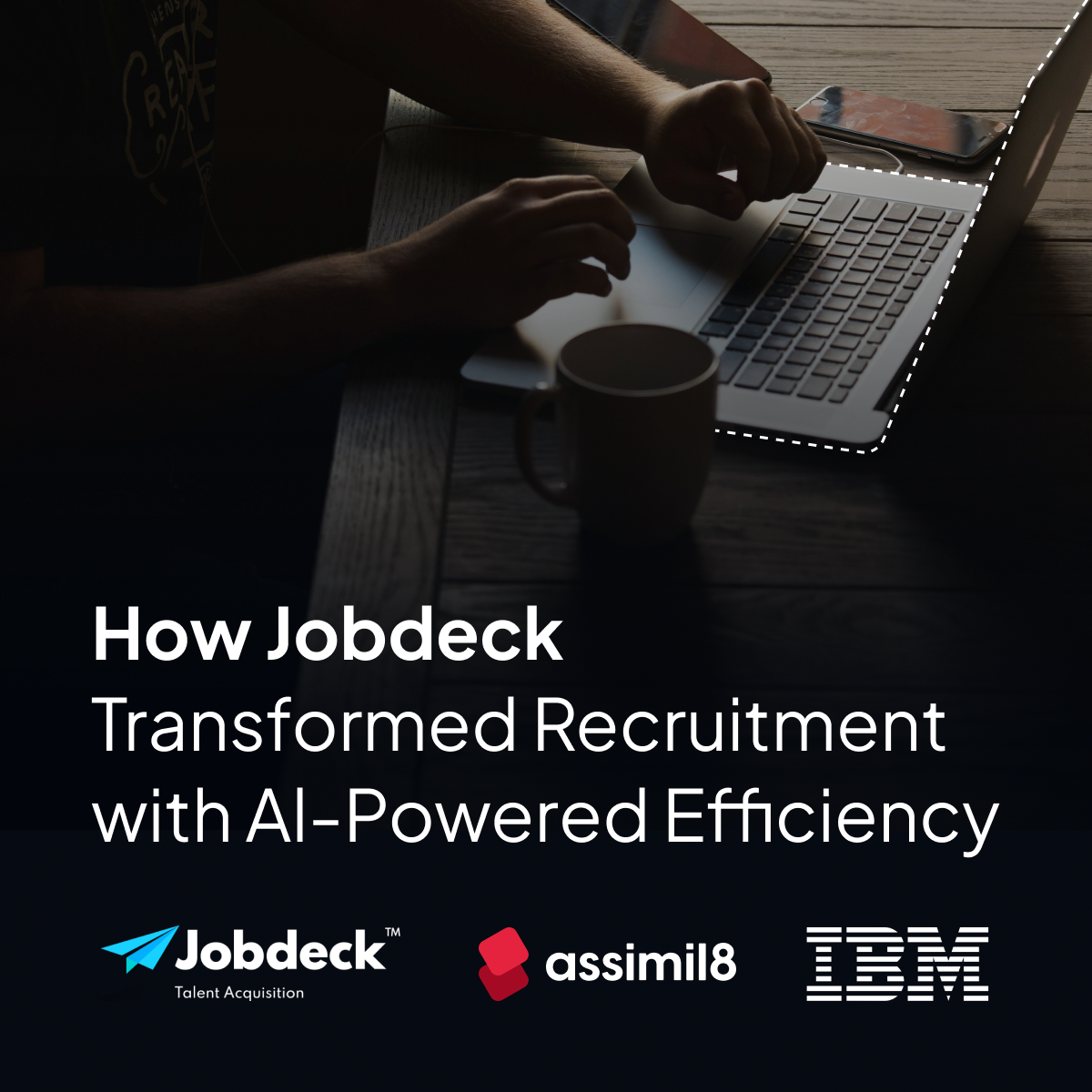In our new blog series, we look at the purpose of data-driven roles within a business and how they can benefit the growth of the business in more ways than first thought.
The first role is data analysts. So, let's explore their fascinating world and the challenges these professionals face and overcome.
What is a data analyst?
A data analyst collects, cleans, and analyses data to help businesses make better decisions. They must have strong analytical and problem-solving skills, and be able to communicate their findings clearly and concisely.
Here are some of the ways that data analysts contribute to the overall success of a business.
Identifying and Addressing Data Quality Issues
One of the first challenges data analysts face is ensuring data quality. They work on cleaning and validating data to eliminate inconsistencies, inaccuracies, and duplicate entries. I mean seriously, how many ways can you spell Smith?
By addressing these data quality issues, data analysts ensure that their analysis results are reliable and meaningful which strengthens a company's ability to make decisions based on data.
Understanding Customer Behaviour
Data analysts help businesses decode customer behaviour.
By analysing data from various sources, such as social media, web analytics, and customer surveys, they are able to identify patterns and trends, enabling businesses to create targeted marketing campaigns and improve customer satisfaction.
Optimising Supply Chain Management
Efficient supply chain management is critical for businesses to remain competitive.
Data analysts use historical data, real-time information, and predictive models to optimise supply chains. They’re able to identify bottlenecks, forecast demand, and recommend ways to streamline operations, ultimately minimising costs and maximising efficiency. Is there any end to their talents?
Enhancing Product Development
Perhaps the biggest bottleneck for product development is being able to predict what the market needs and will make use of. Data analysts contribute by providing insights into customer preferences, market trends, and competitor analysis.
These insights help businesses design and develop products that meet customer needs and preferences, ensuring the product's success in the marketplace. Without their input, the process would be much slower with more trial and error beforehand.
Improving Operational Efficiency
Operational efficiency is crucial for the success of any business.
Data analysts identify areas where processes can be optimised, helping businesses reduce costs, save time, and enhance overall productivity. By analysing historical and real-time data, they’re able to uncover inefficiencies and recommend data-driven solutions for improvement.
Supporting Decision-Making Processes
Data analysts play a vital role in informed decision-making. The actionable insights that they glean from their data analysis, is pivotal in helping organisations make strategic choices across various aspects of the business, including resource allocation, investment, and market expansion.
Imagine what your business would look like if it were able to make fast data driven decisions.
Forecasting and Predictive Analytics
Forecasting and predictive analytics are critical in navigating an ever-changing business environment. Data analysts use statistical models and machine learning algorithms to predict future trends, customer behaviour, and market shifts.
These forecasts help businesses prepare for upcoming challenges and capitalise on opportunities while minimising potential risk. Speaking of…
Mitigating Risk and Fraud Detection
Risk mitigation and fraud detection are essential in maintaining a business's financial health.
Data analysts analyse transactional data, customer behaviour, and patterns to identify potential risks and fraudulent activities. They can develop early warning systems and provide recommendations to prevent losses and safeguard the organisation's reputation.
Enhancing Customer Support and Experience
Customer support and experience are critical factors that can make or break a business.
Data analysts analyse customer interactions, feedback, and sentiment to identify areas of improvement. By understanding customer pain points and preferences, businesses can enhance their support systems, resulting in improved customer satisfaction and loyalty.
Workforce Optimisation and Talent Management
Workforce optimisation and talent management are crucial for organisations to retain top talent and maintain productivity.
Data analysts examine employee performance, engagement, and attrition data to uncover patterns and trends. These insights help businesses implement effective talent management strategies, optimise workforce allocation, and create a conducive work environment.
A role for all occasions
As you can see, data analysts solve a wide range of problems that span various business functions, such as marketing, supply chain management, product development, operations, decision-making, forecasting, risk mitigation, customer support, and talent management.
By leveraging their analytical skills, data analysts convert raw data into actionable insights, empowering businesses to make informed decisions and stay ahead of the competition.
As the world continues to become data-driven, the role of data analysts will continue to expand, making them indispensable assets for any business. But what if you don’t have an analyst in-house? Luckily, at assimil8, we’re able to fill the void with our
Data Analytics Solution.
For more information, please
contact us for a no-obligation discussion.
assimil8 blog





We're an award-winning data consultancy firm. To put it simply, we love tech and data and think we could help do some amazing things with yours.
Like what you've seen?
Arrange a no-obligation call with our team to discuss how assimil8 can help your business unlock its potential with data.
All Rights Reserved | assimil8
Privacy | Terms | Disclaimer | Legal







